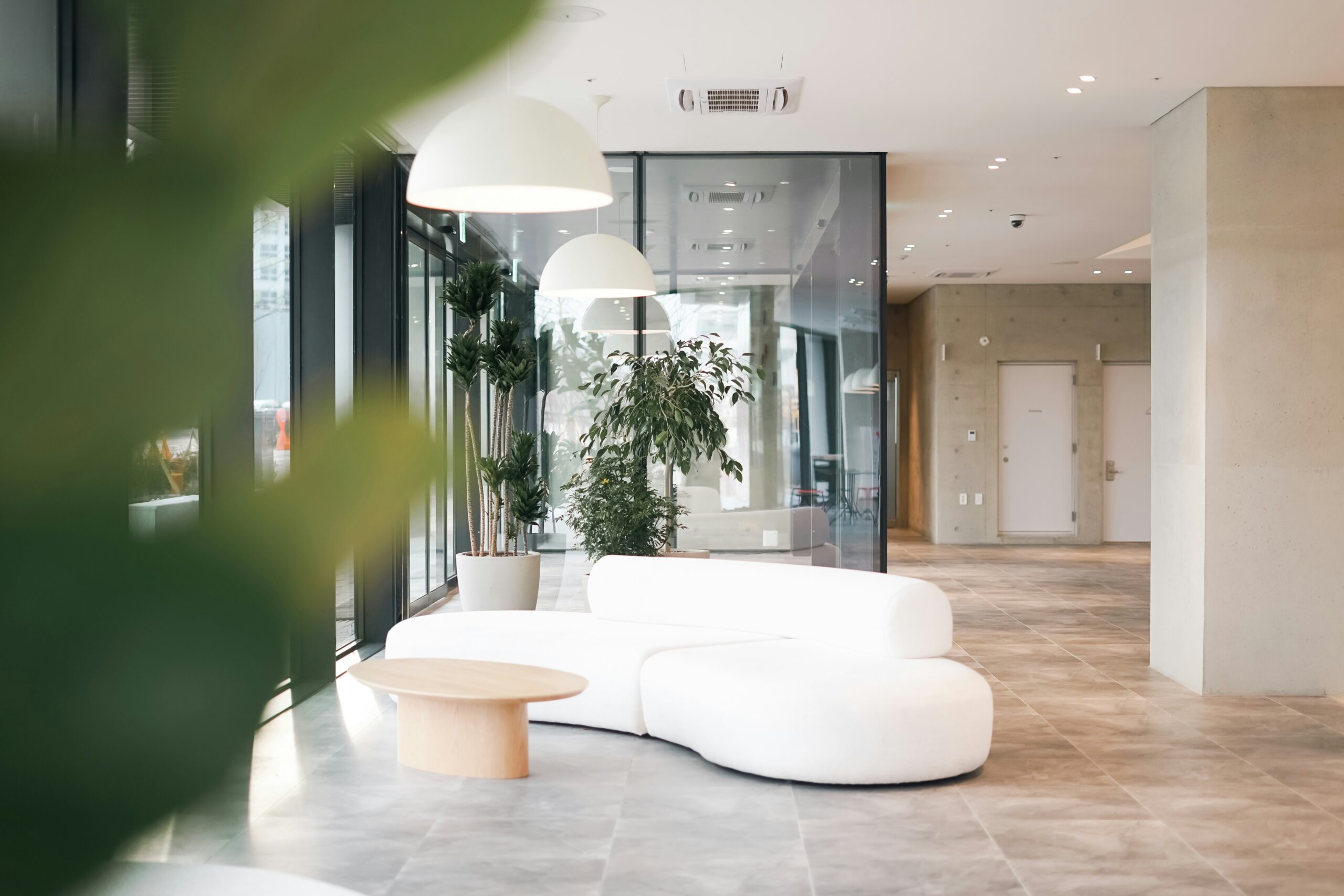We keep saying the same thing: “There’s just not enough time.”
Time to catch up.
Time to think.
Time to breathe.
There seems to be an inverse relationship between business growth and time. The more momentum we gain, the less time we seem to have. It’s like a double-edged sword – growth brings speed, but speed compresses space. But why does a shortage of time have to be the inevitable consequence of success? What if it’s not time we’re running out of – what if it’s energy?
Because when you finally do get an hour to focus, how often do you find yourself too fried to use it well?
What if it wasn’t about time?
Most of us try to push through the day on empty, hoping we’ll magically feel more clear-headed once we get the “big stuff” out of the way.
But clarity doesn’t come from grinding harder. It comes from taking pauses and stepping away. From giving your brain space to reset.
This is where micro-breaks come in. They’re short, intentional pauses, sometimes as little as a minute – that let your nervous system catch up. These aren’t a luxury. They are essential.
So why do we resist taking breaks?
Even though deep down we may know breaks help, we still often resist taking them. It’s like there’s an invisible guilt, or the feeling that we can rest only after we get through the next hurdle.
Though what if we flipped that thinking? What if pressing pause became part of the work?
We don’t question our need to sleep, eat, go for a walk after sitting too long. Why should mental recovery be any different?
What the Japanese call Ma
There’s a beautiful Japanese concept called ma.
It means the space between things – the pause in music, the silence in a conversation, the room between words.
Without ma, everything blurs together.
With it, meaning has space to land.
Offices aren’t always designed with ma in mind, but what would it look like if they were?
Designing for recovery, not Just output
The best workplaces don’t just optimise for productivity. They support natural rhythm – periods of effort followed by moments of reset.
That doesn’t require a full redesign, or an entire workplace overhaul. Sometimes it’s as simple as creating quiet, flexible spaces where people can recentre – even for a minute or two.
What if we normalised the pause?
There’s no prize for powering through exhaustion. Though there is value in learning how to preserve our energy.
And maybe the workplaces that see rest as part of the rhythm will be the ones that last the longest.
Some of the thinking in this piece was inspired by this great article from Harvard Business Review on the power of micro-breaks.

